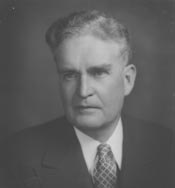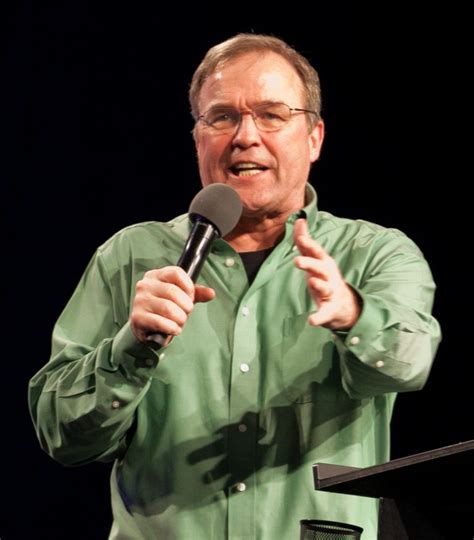A Quote by James MacDonald
I've learned to be careful of becoming a critic. Criticism really sours your heart.
Quote Topics
Related Quotes
I'm always very careful to make the distinction between music criticism and music journalism. A lot of people don't. But criticism doesn't require reporting. You can write criticism at home in your underwear. On the other hand, journalism takes legwork - you have to get out there and see things and talk to people.
Criticism on my works is like this: you've worked hard all of your life, you went to Oxford, and you've done this and that, and you're an art critic. Your job is to unravel the "secret" or whatever, and you come across an entity like me. It's going to piss you off. Because there's no great secret, what you see is what you get, and anyone can understand what I'm doing. So, it's almost like I make this critic-person redundant, just by my attitude, and they resent me for that.
I appreciate good criticism and I think it's really important. I don't like it when it's consumer advocacy, like how you should spend your $60. Great criticism is a kind of literature. I've written some criticism, and I really enjoy it because I think it's important for people to know that theatre is vital. Criticism is really unevenly distributed in this town. Obviously the power of the Times is discouraging. It's killing new plays, demolishing one after another.
I was the first critic ever to win a Tony - for co-authoring 'Elaine Stritch at Liberty.' Criticism is a life without risk; the critic is risking his opinion, the maker is risking his life. It's a humbling thought but important for the critic to keep it in mind - a thought he can only know if he's made something himself.
To me, there's a huge difference between criticism and reviewing. I really love reading good criticism of television and film. To me, a critic is someone who analyzes a show, describes it, talks about the people in it, puts it in historical context of other shows like it, compares it and stuff, and then talks about the intent of the show and whether it failed or didn't.
There's lots of room to be your own worse critic. It's just you, so I think that's inherit, that voice that's always that's there monitoring everything you do. It's definitely worse; the critic is harder when it's just you. If you're doing a show, then the critic can blame the other actors your with.
Performers put their heart and soul into their art, and can be subject to highly personal attacks and criticism. The tone and language of reviews, or commentary on social media, can be bruising and severe. Everyone is a critic. All of this adds to the stress and anxiety suffered by people in the performing arts.



































